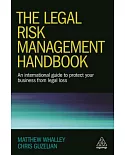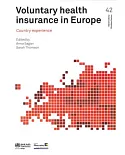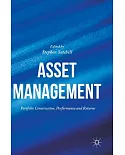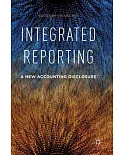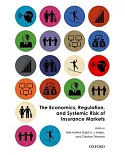For more than half a century, the U.S. dollar has been the single most important currency, not just in the United States but globally. When the greenback became the leading international
currency after World War II, this reinforced America's status one of the mightiest economic powers in world history.
However, recent events have raised serious doubts about the future of the dollar. Among these have been the effects of the Great Recession in the U.S.: high unemployment, record federal
deficits, and unprecedented financial distress. So profound has been the impact on the esteem in which the dollar is held that some say it may soon cease to be the world's standard
currency--which could significant depress American living standards and weaken the country's international influence.
Is the situation that bad? In Exorbitant Privilege, one of our foremost experts on the international financial system argues that while the dollar is bound to lose its singular
status--that it will be forced to share it with newcomers like the Euro and the Chinese Renminbi--the coming changes will be neither sudden nor dire. Barry Eichengreen puts today's crisis in
historical context, revealing that even after the United States became the world's largest economy around 1880, the dollar had a limited international role. While the founding of the Federal
Reserve in 1914 launched the dollar's international career, only after World War II, with Europe and Japan in ruins, did the dollar become the world's monetary lingua franca--the reserve
currency of the world's banks and the kind of cash accepted virtually everywhere. French President Charles de Gaulle complained of this "exorbitant privilege"--that a captive demand for dollars
allowed the United States to inflate its living standard and extend military power.
Now, with the rise of China, India, Brazil and other emerging economies, America no longer towers over the global economy like before. And the U.S. itself faces very serious economic and
financial challenges as it contemplates its medium-term future. But despite this, Eichengreen argues, predictions of the dollar's demise are greatly exaggerated. The most likely outcome is that
the dollar will only slowly be supplanted by other currencies in a gradual transition that will resemble the relatively stable situation that prevailed before World War I.
Incisive, challenging and frequently iconoclastic, Exorbitant Privilege is a fascinating analysis of the changes that lie ahead, and a welcome rejoinder to predictions of America's
inevitable decline.


















